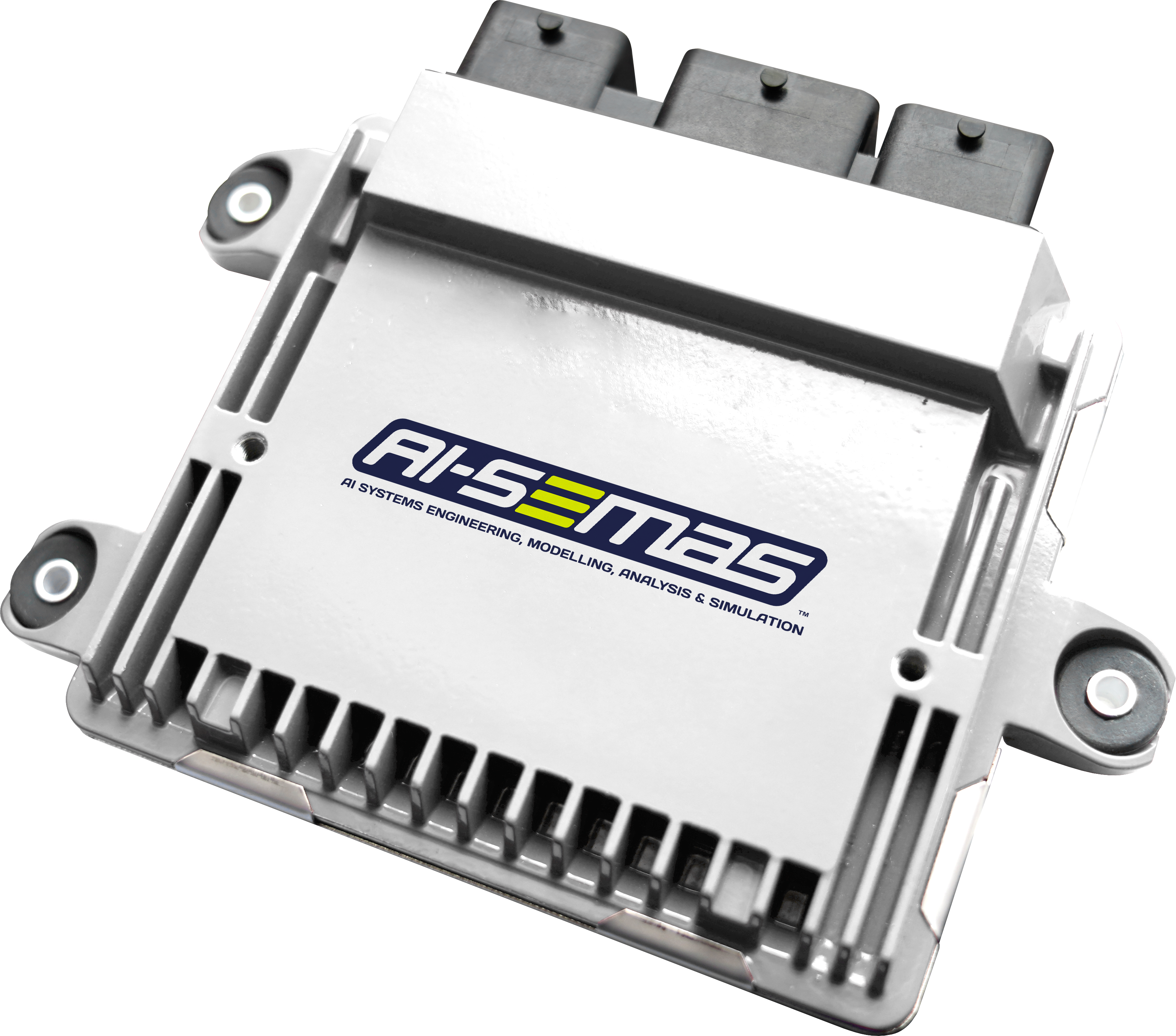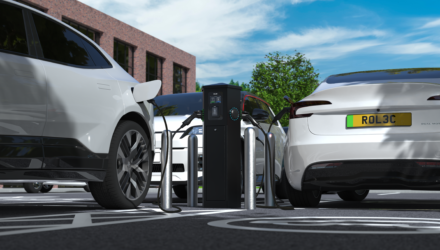In the evolving landscape of sustainable transportation, hydrogen-powered heavy goods vehicles (HGVs) have emerged as a promising solution to reduce carbon emissions. However, the journey towards commercial viability is fraught with challenges. A notable case is Hydrogen Vehicle Systems (HVS), a UK-based company that has recently shifted its business model from manufacturing to licensing its hydrogen propulsion technology in response to significant financial difficulties.
Hydrogen Vehicle Systems, commonly known as HVS, has been at the forefront of developing hydrogen-powered HGVs. The company invested substantial resources into creating advanced hydrogen propulsion systems, aiming to revolutionise the freight transport sector with zero-emission vehicles.
Despite its innovative technology, HVS encountered severe financial challenges. The company’s previous leadership focused heavily on the capital-intensive manufacturing of hydrogen-powered HGVs. This strategy, lacking a diversified revenue stream, led to unsustainable financial strain, despite receiving millions in government grants to develop gas-powered truck.
Reports indicate that this approach resulted in £7 million of supply chain debt and a £1.4 million creditor demand, pushing the company to the brink of collapse.
In response to the crisis, Abdul Waheed, the founder of HVS, returned to assume the role of Chief Executive Officer. Under his leadership, the company has undertaken a strategic pivot.
“Last year, Tevva, Hyzon, Quantron and Arrival went bust,” Waheed said in a statement. “So, why are we still standing? Our vehicle control software and propulsion technology are the result of £50m ($62.3m) in investment to date, allowing us to shift from a capital-intensive manufacturing model to a lean, low-risk technology licensing model.”
Recognising the financial impracticality of large-scale manufacturing, HVS is now focusing on licensing its proprietary hydrogen propulsion technology to established truck manufacturers. This shift aims to leverage existing manufacturing infrastructures, reducing capital expenditure and accelerating the adoption of hydrogen-powered transport solutions.
Central to HVS’s new strategy is the development of AI-Semas, an artificial intelligence-driven system designed to retrofit existing diesel fleets. This technology aims to reduce emissions by optimising engine performance and fuel efficiency. By offering AI-Semas as a retrofit solution, HVS targets a broader market, providing immediate environmental benefits while generating a new revenue stream.
To stabilise its operations and implement the new strategy, HVS has issued an urgent call for an investment of £700,000. This funding is crucial to prevent legal actions stemming from creditor demands and to support the company’s transition towards a licensing-focused business model.
The shift from manufacturing to licensing by companies like HVS reflects a broader trend in the hydrogen transport industry. By focusing on technology development and collaboration with established manufacturers, these companies aim to accelerate the deployment of hydrogen-powered vehicles. This approach not only mitigates financial risks but also leverages the strengths of existing industry players to drive innovation and adoption.
Hydrogen Vehicle Systems’ transition from manufacturing to licensing represents a strategic response to financial challenges and market realities. By focusing on its core competencies in hydrogen propulsion technology and AI-driven emissions reduction, HVS aims to contribute significantly to the decarbonisation of the freight transport sector. The success of this strategy will depend on securing necessary investments and forming effective partnerships with established truck manufacturers.





















